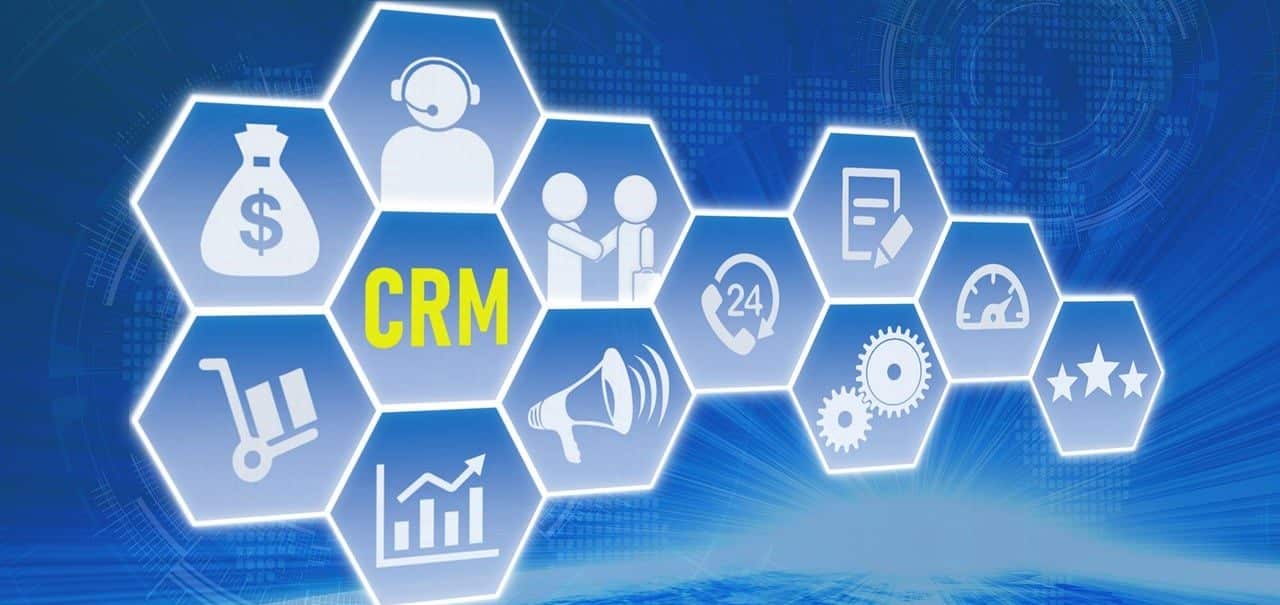
With CRM software you can enhance sales management.
CRM is an acronym in the English language that refers to the expression customer relationship management (which can be translated as "customer relationship management" ). This concept can refer to a management model that is oriented towards customer satisfaction or to software that is used to manage links with them.
As a management model, CRM calls for the intelligent use of information to strengthen the relationship with customers and thus generate more value for the company. The CRM, in this framework, tries to recover the personalized attention of each individual to offer them the service they need.
The computer program that has various tools to manage customer relationships is also called CRM. This type of software has multiple modules that allow the user to develop and monitor marketing campaigns, record all communications maintained with customers and automate sales, to name a few options.
Using CRM software
Using CRM software, for example, a salesperson can develop an email campaign with the goal of selling a new service to their company's customers. The system records all the responses provided by the recipients of the message. Contact those who show interest again, now by telephone, and again record the content of the communications in the CRM program. The seller can even create alerts so that, a few days later, the software reminds them to contact certain clients again to find out if they have made any determination about hiring the service.
It is important to highlight that, through the use of computer systems of this type, it is possible to collect data from a large number of communication channels, including Internet sites, email, instant messaging applications, the telephone, social networks (more specifically, the accounts that the company has on them) and marketing materials.
Thanks to this versatility, CRM systems allow companies to better understand the needs of their customers and the portion of the population they target with their products and services. All the data received through this medium goes through various analysis processes that turn it into invaluable information to improve and set new objectives.

CRM programs contribute to customer retention.
The importance of human resources
Since CRM systems automate much of the relationship between companies and customers, there is a risk that a certain part of the consumer audience will be displaced by being part of a minority. Computing is based on a constant binary crossroads, where things can only be "correct " or "incorrect" , but this does not prevent the creation of intelligent programs that explore the immense range of gray that exists between both extremes; For this reason, the constant intervention of human personnel is necessary to avoid too severe decisions.
Experts recommend that the CRM software be merged with the rest of the company structure, as one of its fundamental parts, to be able to adequately attend to the sales life cycle , which includes not only the moment of the transaction. itself but also various instances that take place later.
Good use of CRM to manage businesses can open the doors to a closer relationship with customers that results in a competitive advantage, ideal for long-term development and profitability. Given that without customers the existence of a product or service company makes no sense, knowing them better is also understanding the foundations themselves more thoroughly.

CRM marketing automation facilitates the development of various tasks.
Advantages of CRM software
The advantages of CRM software are numerous when it comes to contact management . This software is useful to enhance interaction with the already established client as well as with potential clients.
With a CRM program and a customer database, it is possible to improve service. Customer satisfaction increases if their needs and requirements are addressed in a timely manner, something that is easier with a tool of this kind that provides multiple customization options.
CRM software also serves to perform sales analysis , offering valuable information for customer loyalty. Scheduling meetings and developing email marketing campaigns are among the alternatives offered by these applications, which work with big data in the case of large corporations.
Of course, CRM training is essential to correctly collect customer data and exploit its potential. The parameterization of the database, in this framework, is essential so that the information can be used and generate automated processes that improve the customer experience. That is why staff must be able to use CRM software appropriately.
